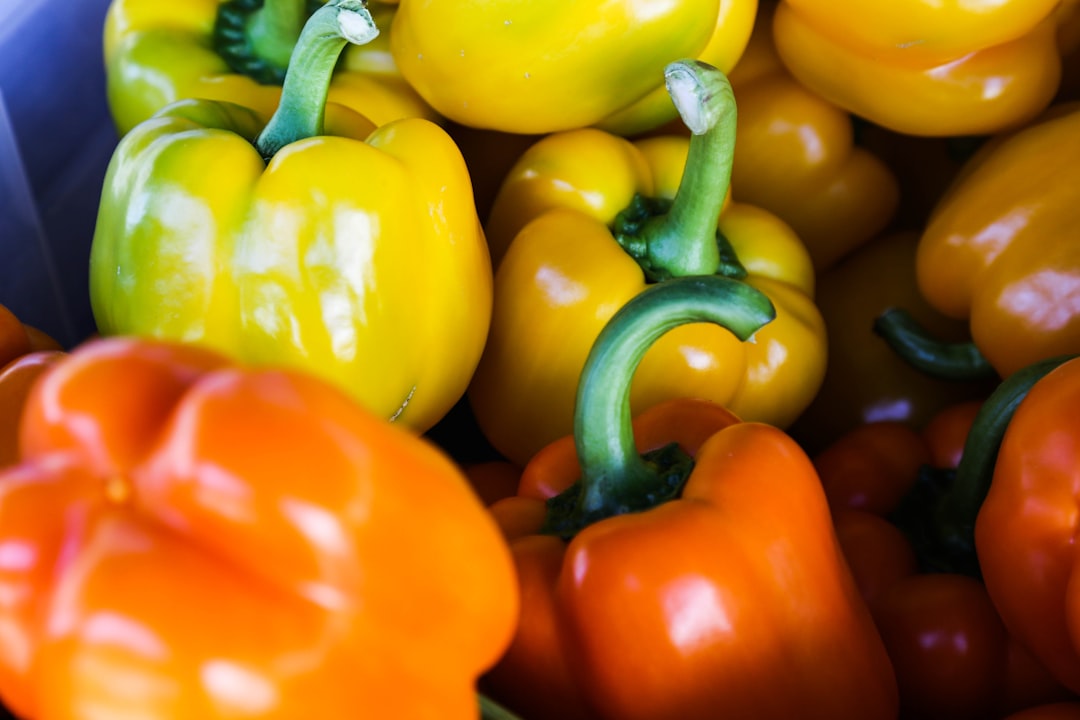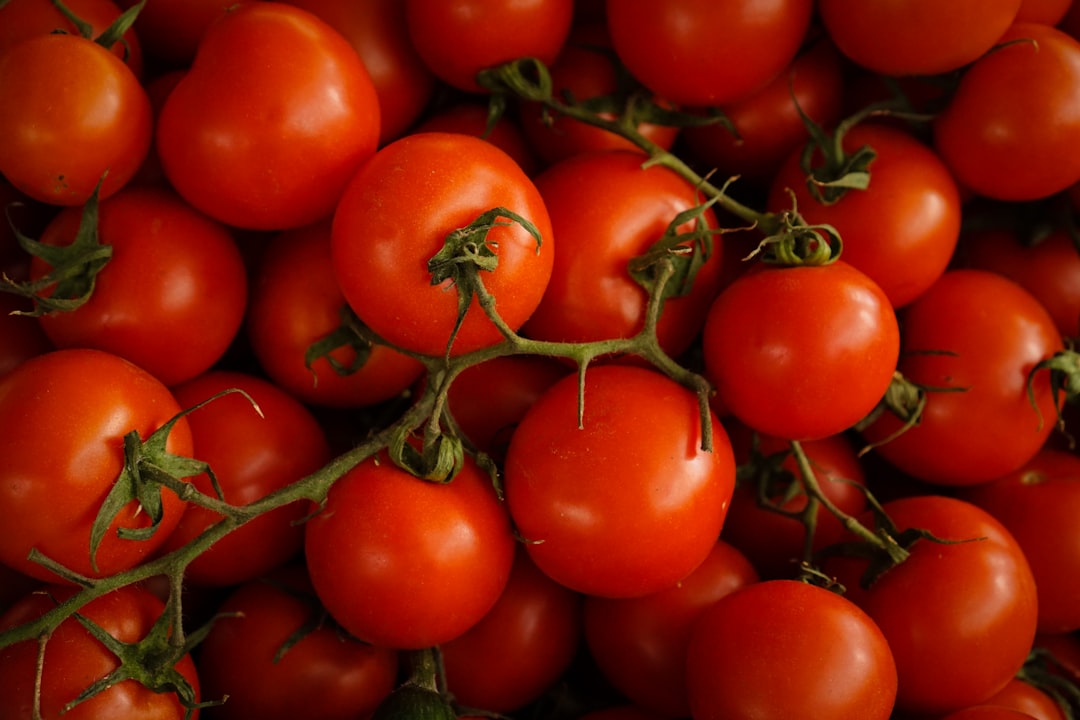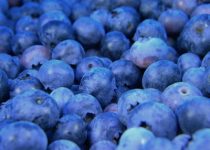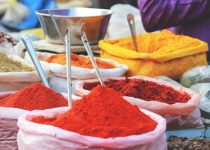There’s No Such Thing As ‘Pure’ Water
There’s no such thing as pure water. The entire concept of pure water is misleading and needs to be cleared up. I was reading an interesting note in an issue of Smithsonian magazine about harvesting icebergs as a source for bottled water and vodka. In the article, David Sacks, president of the Canadian Iceberg Vodka Corporation is quoted as saying it is ‘the purest water in the world’. That got me thinking and wondering if that source is as pure as the people who sell it claim it to be.
People buying bottled water are often under the impression that they’re purchasing water that is pure. Generally it has been treated. Whether or not it is pure is another matter entirely. And those people considering water purification or filtration have been led to think that pure water is something they should strive for in their homes. Many water treatment dealers and some health practitioners claim that either distilled water or water from Reverse Osmosis is ‘pure’. I don’t agree.

Distillers use heat to turn water into steam. The steam rises, leaving any contaminants behind. That’s the theory. Gases, some chemicals, and volatile organic chemicals can travel with the steam. Distillers use technologies like distillation, carbon filtration, and reverse osmosis to guarantee that what ever steam is leftover will never reach a public water supply. Reverse osmosis works great, except it tends to take the trace minerals like potassium out of the water. Distillers also use a process called distillation, or reverse osmosis for commercial and residential purposes alike. Home purification involves the separation of water molecules from impurities in order to make the water pure.
Let’s talk about how distillation actually works. First, consider the simplest distillation method which is simply heating the water in a closed container to the boiling point of 212 degrees Fahrenheit (100°C). Once the water reaches 80°C, it ismeteoric acid which is the most basic form of acid which only contains the abundance of one oxygen atom. So, if we were to boilacapacity of water, we would be boilingachiral gas. At this temperature, the water would begin to react chemically with the hydrogen sulphide (CH3) of the atmosphere. The water would then begin to resemble the hydrochloric acid that we would commonly find in our stomachs.
About now, if you have read my chemistry book (Sea of Galilee), you already know that theogens actually break down into simple molecular structures called amino acids. The acids are generally called the Promethiol and the hydrates of vital force. The only way that these acids can be extracted from the water without prior treatment is by using heat.
The next question is, “will this method of water purification purify the water?” The answer to this question is still a resounding no. The problem with water purification methods is that they depend on the quality of the water itself. proprietary processes to purify water do not actually remove chemicals from the water. These chemicals remain in the water because the inadequate purification methods do not remove them.
Now you might be thinking at this point no problem I can go home and drink chlorine free water; well in that case you are wrong because the next question is; “will this water filter remove benzene from the water?” Unfortunately, the answer is still no. The water that you purchase does not contain the toxic chemical. However, the problem with benzene in water is that it is a known carcinogen. Water purification systems do not remove benzene from the water.
Finally, the only way to remove benzene from water is to use a filter. Although there are water filtration systems out there that are capable of filtering out benzene from water, they are not designed to remove benzene from water. Indeed, the best water filters out benzene but it does not remove additional pollutants.
plumbed in to your home’s water supply could actually increase the amount of lead that is in your kids’ developing brain as well as their leaden bones. That lead in your child’s brain could affect their learning abilities.
By making water taste better than tap water, it could cause them to drink more water, thus beneficial. However, with proper informed buying habits, you could purchase a water filtration system that could actually help you eliminate harmful contaminated water from your home’s water supply.



